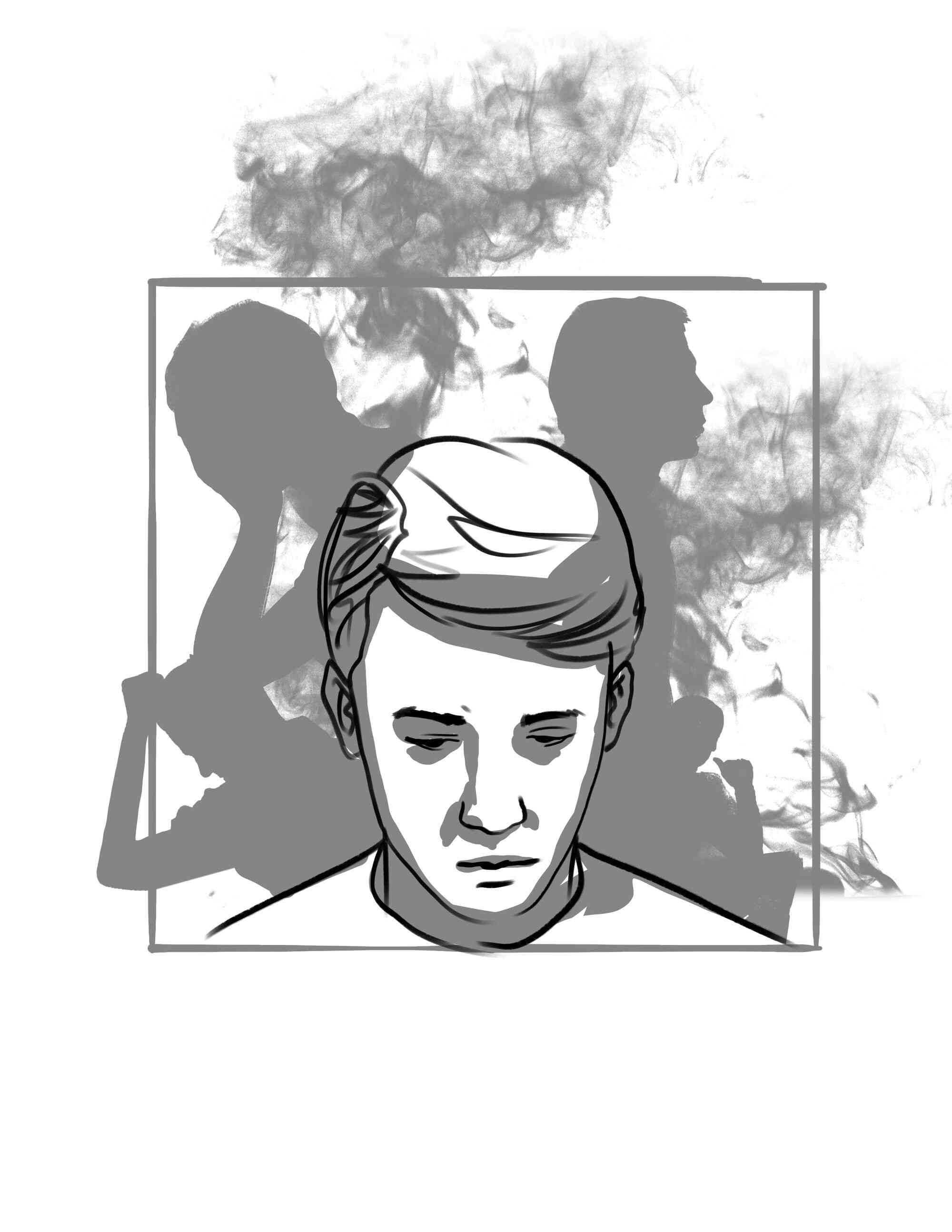Dealing With Loss

Everyone will suffer loss and grief at some point in their lives.
A person's reaction to loss is grief.
One may experience many emotions after losing someone important, like sadness, rage, emptiness, uncertainty, and many more.
Nurses may have firsthand experience with this or act as a pillar of support for families of grieving patients.
Although there are common phases of mourning that people go through, each person's situation is unique.
Although the emotion of loss is frequently linked to the loss of someone close, there are other reasons why someone might experience grief.
Grief Stages
Shock - When hearing of a bereavement, an individual may respond with disbelief. Shock may act as an emotional firewall and can stop someone from becoming overpowered.
Denial - This stage enables individuals to continue to cope with the loss. A person could believe that their existence has no purpose or that the world surrounding them is unmanageable. They might feel that everything is numb. People can deal with loss and protect themselves by going into denial due to shock. Denial will lessen as soon as a person realizes the reality of their loss and begins healing.
Anger - Anger is an essential part of healing from loss. Being angry means the person is holding onto something. Anger might be directed towards the lost thing or person, the medical staff, friends, relatives, God, etc. Part of mourning is experiencing anger and dealing with it. It's crucial for everyone providing care for the grieving individual to understand that anger is just a stage in the process. Any outbursts shouldn't be taken personally because they almost always indicate grief.
Bargaining - Bargaining may take the form of "what if" questions. What if, for instance, we discovered the cancer earlier? or "What if the mishap never occurred?" These hypothetical scenarios allow people to discuss their desire for life to return to how it used to be. This kind of thinking frequently comes with guilt. Understanding this stage as a healthcare professional and being able to listen and be compassionate is crucial.
Depression - Depression is the stage where reality checks in. People acknowledge the reality of the situation. Empty emotions surface, and sadness enters more deeply than before. Although seeking counseling may be the best course of action, this form of depression doesn't indicate a mental condition. It's a fitting response to tragic loss.
Healthcare professionals must recognize the differences between those experiencing typical grief-related depression symptoms and those who are also dealing with general or chronic depression.
Know how to recognize the warning signs of suicidal thoughts and ask when in doubt.
If it’s required, provide the proper resources to help in recovery.
Testing - A person could look for practical ways to cope with and live with loss. Rebuilding their lives in light of their new normal is currently underway. It may be quite beneficial for the person to check out services that could be relevant at this period if they're prepared for the experience.
Acceptance - Being accepting need not imply that an individual is okay with what occurred. After experiencing loss, a person could never return to how they were. They might never be "OK." The stage of acceptance involves acknowledging the present moment is their new normal and that it’s irreversible. Although life cannot continue as it was before, it can and will continue with acceptance.

Spectrum Of Grief
Anticipatory grief - Grief that’s anticipated to occur before a loss occurs. Through this sort of grief, the patient's loved ones can start the grieving process with them. Once a patient receives a terminal disease diagnosis or is scheduled for an amputation surgery, they can begin grieving with the people close to them.
Complicated grief - When the sorrow is difficult and lasts long, it’s considered complicated grief. In a typical mourning experience, people generally move toward healing and recovery. In complex grieving, the painful feelings become so overwhelming that it’s difficult for the person to move on and restart their life. Normal grieving and complex grief seem fairly similar in the early stage following a loss, but complicated grief is more likely to get worse rather than better over time. People going through complex grieving typically require assistance and tools to assist them in recovering a sense of belonging and calmness.
Early Signs of Complicated Grief
- Intense emotional pain, suffering, and reflection on the loss.
- Inability to think about anything but the loss and a prolonged and intense longing for the departed.
- Having trouble accepting the loss.
- Unease or detached feeling.
- Resentment of the loss.
- Feelings that there’s no point or significance to life.
- A lack of confidence in people.
- Being unable to find happiness or even recall any happy memories of a close person.
- Have difficulty doing or completing daily tasks.
Clinical Relevance
One of the goals of clinical care is to provide patient support in health recovery and dealing with grief.
Based on their experiences, medical professionals are the best people to comfort anyone that’s lost a loved one.
It is therefore crucial for individuals to voice and communicate their genuine emotions and ask for assistance and support.
By doing this, they have a better chance of recognizing their personal strengths and ability to heal from grief.
It’s crucial that they make use of the tools available to them to cope with their sorrow and understand the significance of the loss they experienced to start living their new lives.
It might be challenging to figure out how to comfort someone who’s grieving or experiencing loss.
Being present and listening attentively is necessary.
It may be quite helpful to let a relative or friend of the patient express a fond memory or an emotion about the deceased patient they are mourning.